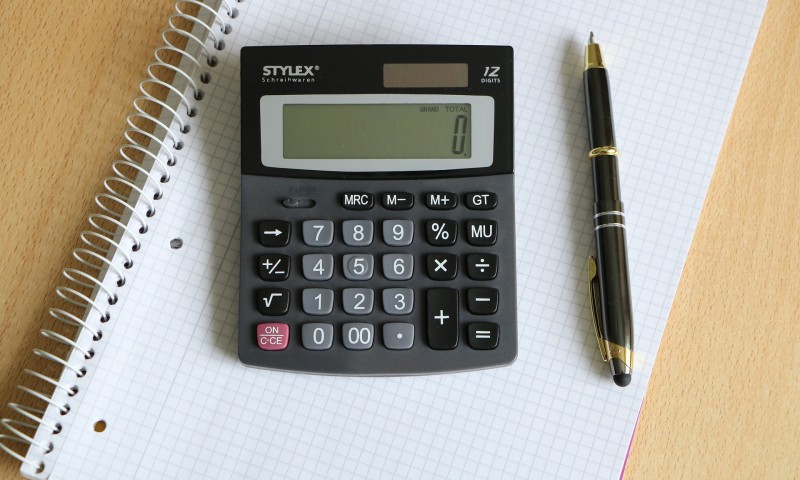Calories are posted on food labels, fast food signs and many Internet sites. Do calories matter, and do you even know how many calories you should have every day? This is a big question and there are many different opinions between health professionals. While calorie counting isn’t perfect, it can be a great tool to stay on track with your plan – but there are a few things to consider first.
What Do I Need to Know about Calories?
- Know Your Number – How many calories do you need every day? Many web sites can give you a ballpark number, but this is not completely accurate. Many don’t take into consideration activity levels and genetics, but they can be a great guide. On average, women need around 1500 calories and men need around 1800.
- Know How Much to Cut Out – To lose a pound, you need to cut 3500 calories. Now, this doesn’t have to happen in one day. Try decreasing your calories by 500 or 250 each day with some extra exercise to add up to a 3500 calorie deficit.
- Know Your Exceptions – Of course, there are exceptions to counting calories. Some foods are quite nutritious but can be higher in calories. Strictly counting calories can lead to some people cutting these foods from their diet. Some foods such as nuts, seeds and avocados are higher in good fats, so they are also higher in calories. These foods play an important part in good nutrition and shouldn’t be eliminated. Instead, they should be chosen in moderation.
Why is Calorie Counting Helpful?
- Calorie counting and logging can keep you in touch with your diet and help you stay on track nutritionally. You will think twice about the 400-calorie coffee drink if you are really keeping track. This is a great way to keep you focused on the changes you need to make to meet your goals.
- Calorie counting and logging can help you identify problems in your diet and come up with new ideas. When you count calories by logging, you can see areas that need some work. For example, if you find you are going to the vending machine for a 200-calorie bag of chips right after lunch, take a look at your lunch and see what can be changed to make it more satisfying.
- Calorie counting pushes you towards more healthy food options. Think about it! An apple has far less calories than an apple pie. You will find yourself moving toward the healthier choices or you will quickly run out of options. For some examples on healthy food swaps you can try to lower your calorie count and gain nutrition, please CLICK HERE.
Losing weight is an art. Different approaches work for different people. Many people do very well with calorie counting, but it’s not for everyone. Give it a try to see if this gets you going in the right direction!
 About the Author:
About the Author:
Sarah Muntel, RD, is the Bariatric Coordinator at Community Bariatric Surgeons in Indianapolis, IN. She has 15 years of experience working with bariatric patients and loves to watch people as they change their lives and improve their health. Her favorite part of her job is her weekly support group. In her free time, Sarah enjoys spending time with her husband and three children.






